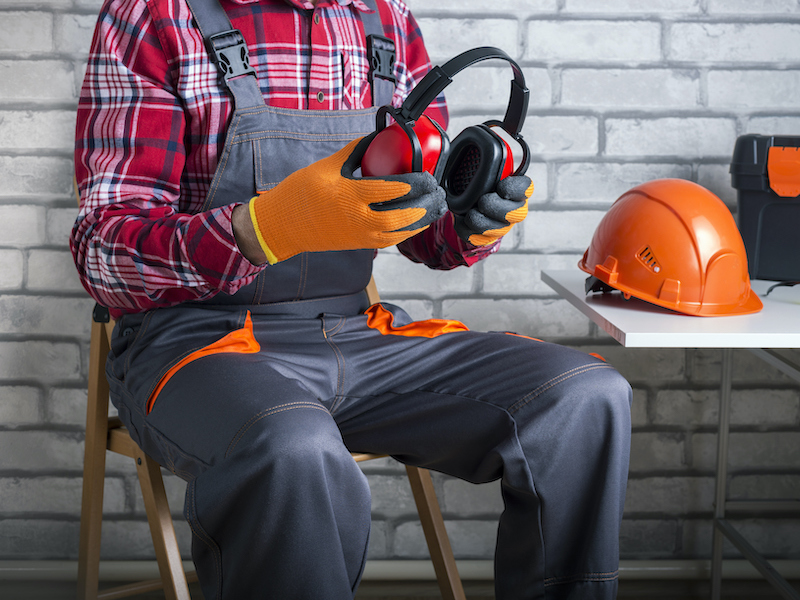
Your ability to hear is precious – once you lose it, the chance of getting it back in its natural form is slim to nil. But strangely, the general public tends to disregard hearing loss. In the US alone, one in eight individuals over the age of 12 copes with neglected and permanent hearing loss.
While there are treatments that can help you get some hearing back, like hearing aids, it’s such an easy thing to protect your ears from the start to prevent unnecessary hearing loss.
Safeguard your hearing with these five tips:
Earbuds should be avoided
Earbuds have been packaged with mobile devices since the early 2000s and are one of the biggest dangers to hearing. Nearly every smartphone on the market comes with a set of these little devices that fit snugly in your ear and pump sound directly into your ear canal. You can get permanent hearing damage by listening to a movie or music on your mobile device at maximum volume for only 15 minutes. Over the ear style headphones, particularly the ones with noise canceling technology, would be a better choice. No matter what devices you use, you should stick to the 60/60 rule – keep the volume at 60% maximum and only use the devices for 60 minutes per day.
Keep your volume down
Your hearing can be damaged by other things besides earbuds. If you regularly listen to the radio or TV at high volumes over prolonged periods, your hearing can also be harmed. You’ll also want to steer clear of situations where loud sounds are constant, like construction zones, concerts, and shooting ranges. It might be impractical to entirely avoid these situations especially if they’re part of your job. If that’s the situation, then you’ll want to take note of the next item on the list.
Use hearing protection
Hearing protection is a must if you work in an environment or enjoy hobbies that expose you to loud noises. Hearing loss can happen in just 15 minutes at 85 decibels. Compare that to the following:
- At most concerts the headlining band plays for up to two hours at well above 120 decibels
- Jackhammers at a construction site generate 130 decibels, which could take their toll after a 40-hour workweek
- The average firearm discharge clocks in at 149 decibels, which is multiplied and amplified over the course of a one hour trip to an indoor gun range
If you engage in any of these activities, you need to purchase a good set of earmuffs or earplugs.
Take auditory breaks
Sometimes giving your ears a rest is the smartest thing you can do. If you participated in any of the activities listed above, you should make certain to take some quiet time for yourself so your ears can rest and recuperate, even if you were using ear protection. That means, you most likely shouldn’t get into your car and start blasting loud music right after you leave a 3-hour concert.
Check your medicine
Your hearing may be substantially affected by the medication you use. Aspirin, anti-inflammatories, antibiotics, and some heart and cancer medications have all been proven to trigger hearing loss. The good news is that medication-related hearing loss isn’t common and is more likely if you take two or more of those medications together making it easier to prevent.
Are you suffering from hearing loss and want to seek out new treatment? Schedule an appointment with us for a hearing test.
Resources
https://www.cdc.gov/nceh/hearing_loss/how_does_loud_noise_cause_hearing_loss.html
https://armeddefense.org/hearing-protection
https://www.uofmhealth.org/health-library/tf3092